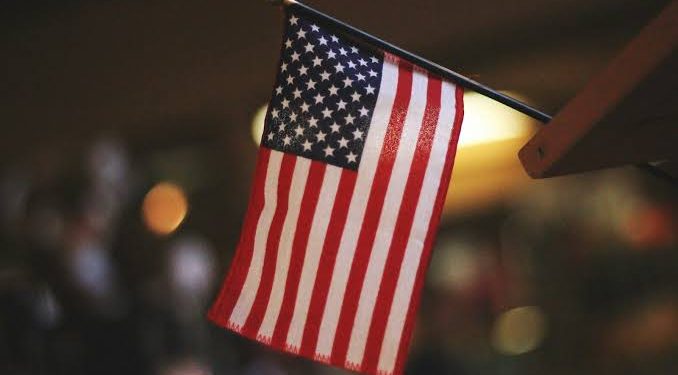Over 1,000 small businesses and startups across 22 African countries are facing a severe funding crisis following the US Africa Development Foundation’s (USADF) decision to slash $51 million in support. The move, pushed by the Department of Government Efficiency (DOGE) under the Trump administration, threatens to derail progress made by cooperatives, smallholder farmers, and early-stage enterprises—especially in Nigeria and Kenya.
Nigeria and Kenya, which had emerged as the biggest recipients of USADF funding in recent years, had been allocated $20.4 million and $16.9 million respectively. These funds were largely directed at empowering rural entrepreneurs, promoting women-led ventures, and strengthening local value chains in underserved communities. The sudden cut has now left over 397 enterprises across both countries facing uncertain futures, with ripple effects expected across agricultural networks, rural employment, and youth entrepreneurship.
Several innovation-driven projects are among the casualties. A $48,000 WhatsApp chatbot designed to provide real-time business support to Kenyan entrepreneurs will likely be discontinued. In Nigeria, an $84,000 wellness incubator focused on mental health and productivity among young founders has lost its primary source of capital. Meanwhile, in Burkina Faso, nearly $230,000 invested in a shea butter production project—aimed at scaling exports and supporting hundreds of women producers—has been frozen.
DOGE claims the cutback is part of a broader “efficiency reform” that has saved American taxpayers $140 billion. But critics argue that the decision ignores the critical role of direct-to-business grants, which have long served as one of the few lifelines for high-risk, early-stage ideas across the continent. Many African startups, particularly in remote or informal sectors, remain shut out from traditional bank financing or equity markets. For them, grants like those provided by USADF represent more than just capital—they are a signal of validation, legitimacy, and sustainability.
Analysts warn that without this support, value chains already strained by inflation, insecurity, and global market shifts may weaken further. The gap left by the USADF’s withdrawal could take years to bridge, unless African governments, private funders, and development institutions urgently step in to create alternative, homegrown financing models.
The decision is also likely to reignite long-standing debates around Africa’s dependency on foreign aid for innovation and development. Voices across the continent are calling for a shift in approach—one that encourages domestic investment in entrepreneurship, scalable grant schemes tailored to local contexts, and policies that reduce the barriers facing small businesses.
In the wake of the funding cut, regional networks of SMEs are scrambling to reorganise. Some are looking to local crowdfunding, diaspora support, or regional development banks to stay afloat. Others may be forced to lay off staff, scale down operations, or shut down entirely.
While the long-term impact of the USADF’s decision will take time to measure, it has already exposed the fragility of donor-dependent ecosystems. More importantly, it has added urgency to the growing call for African-led solutions to African development challenges.










